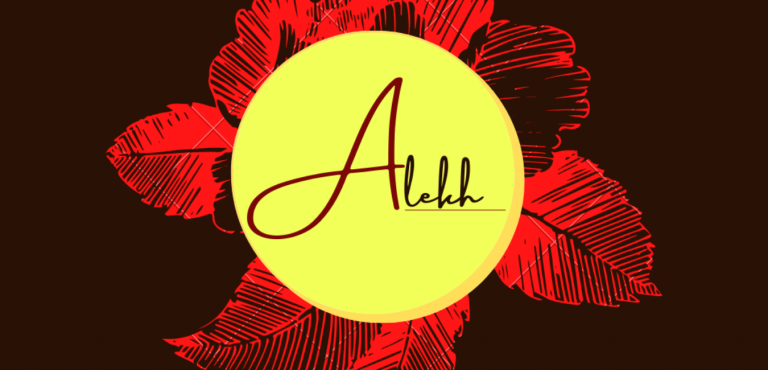In 2006, TIME magazine named “You” as the Person of the Year, recognizing the shift that had taken place on internet. Users had become had become the drivers of the World Wide Web. You Tube made users producers, Wikipedia made users experts and MySpace made people stars. Users were tired of being passive so they stopped being the audience, and Time’s cover headline read, “ You control the Information Age. Welcome to your world.” Nothing has been more true.
The same shift is happening now in women’s movement.
Women have been fighting for equal rights for generations, for the right to vote, the right to control our bodies and the right to equality in the workplace. And these battles have been hard fought, but we still have a long way to go, and our victories are under threat. Equality in the workplace-women in a range of fields from domestic work to the entertainment industry tells us- its still just a dream.
January 2017 marked a new moment for women as millions gathered around the country and the world, and launched our Web 2.0 of the women’s movement. We knew President Trump’s administration was not going to listen to the people. But the people marched to be heard by the president or a political party, but by one another.
While previous marches focused on specific issues, this time we wanted to raise them all. Years of activism by women organizers leading the Black Lives Matter movement, the Dreamer immigrant youth movement and leaders like Tarana Burke, founder of “Me Too” created a new foundation for how we understood and made connections between our different experiences with violence and inequality.
Our capacity to listen exploded with the number of voices speaking until the cultural momentum of #MeToo became unstoppable.
And that’s when it happened. We stopped looking up, to those in power, and started looking around at the women standing beside us- from different backgrounds, working in different sectors, of different ethnicities, with different stories- and realized our strength is in our diversity not our singularity, and the power that we need to claim is our own.
We shifted from focusing on protesting laws to lifting each other up to become the lawmakers. Danica Roem is now the first transgender person to serve as a state legislator in the country. In fact, more women than ever have decided to throw their hats in the ring and run for public office. We grew tired of reporting sexual predators, so we, following the leadership of black women, went to the polls and voted for Roy Moore’s opponent.
We are watching women create the world we want to live in- not only changing the world, but also changing the way the world works.
The International Women’s Day is about every single women. It’s about every LGBTQ woman and every woman of color, every Hollywood actress and every domestic worker, every woman who loses a job to an under-qualified man, every woman who has been assaulted because of her gender whether she works in the spotlight or in the shadows. Every last one of us.

